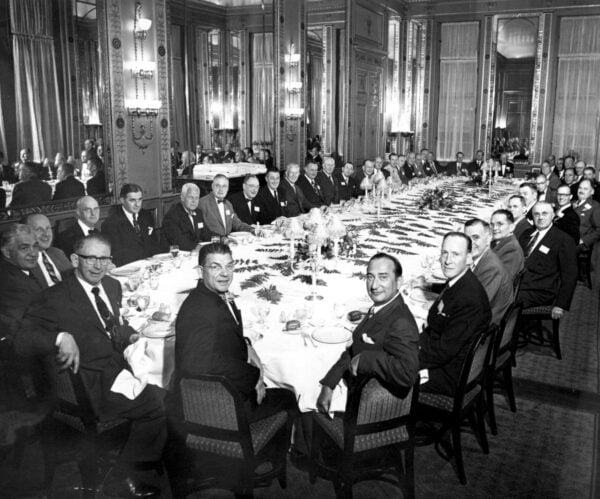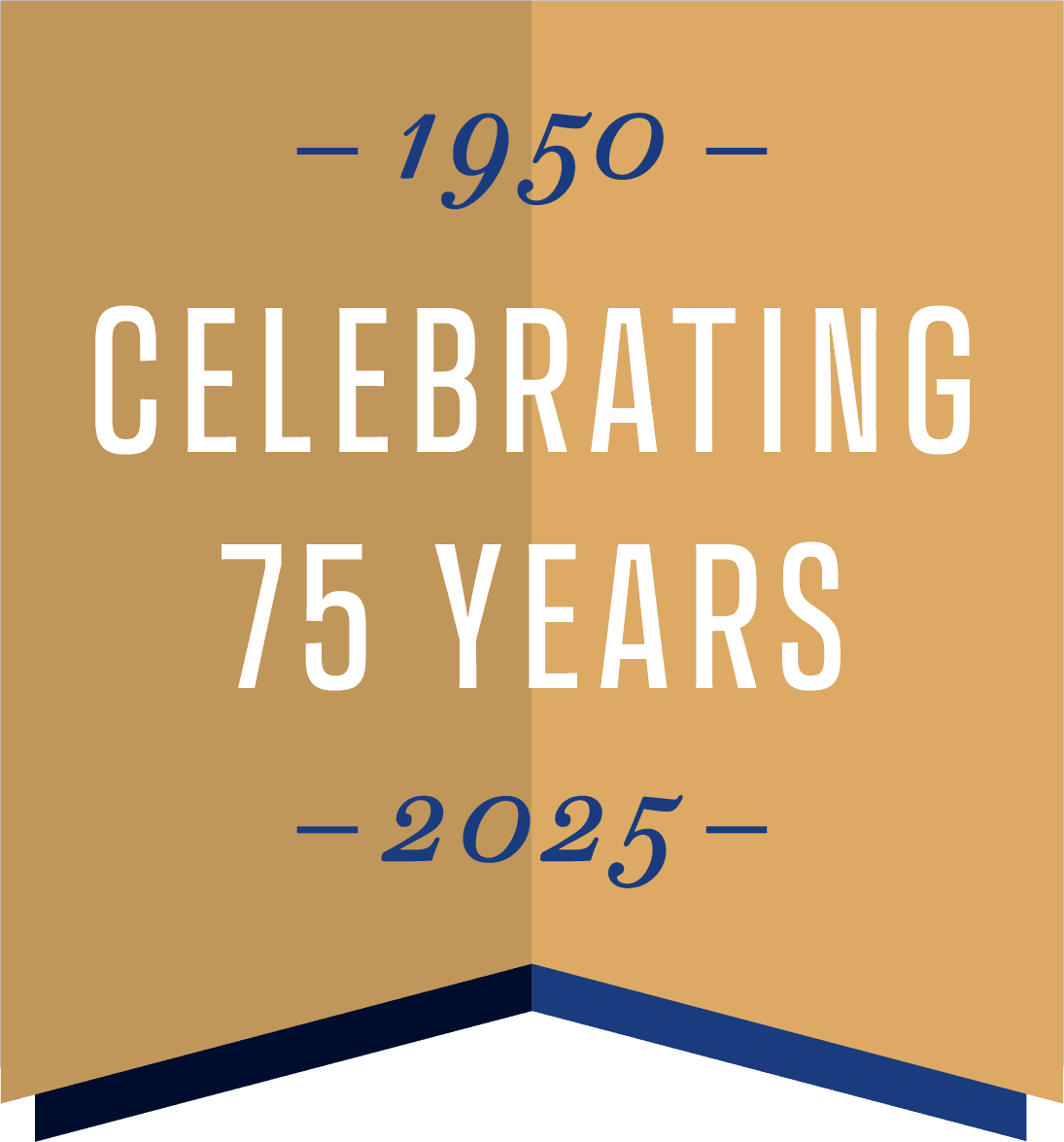The American College of Trial Lawyers (ACTL) was founded in 1950 by California attorney Emil Gumpert with the goal of recognizing and encouraging excellence in the courtroom while improving the standards of trial practice. Initially, the College functioned more as a social club, starting with a small group of California lawyers who adopted bylaws, selected Regents, and began inviting new Fellows. As the College expanded nationally and into Canada, it quickly earned a reputation for upholding the highest standards of professionalism, civility, and ethics in trial law, fulfilling Gumpert's vision of an elite organization uniting the best trial lawyers in Fellowship. Significantly, every Justice in the Supreme Courts of both the United States and Canada has accepted Honorary Fellowship.

Over the next few decades, the concerns of the nation were heading in a new direction. As national issues such as civil rights, the Vietnam War, and the Watergate scandal arose, the College evolved beyond its social roots. Recognizing its unique position to contribute more substantively to the profession, the College became an advocate for rule reforms, a defender of legal ethics, and a champion of professionalism. Notably, Fellows Earl Silbert and Leon Jaworski served as lead prosecutors in the Watergate Scandal. In fact, Jaworski served as President of the College from 1961-1962.
In the mid-1960s, the College made a significant step toward inclusivity when it inducted its first female Fellow into the College. In 1979, the Honorable Amalya L. Kearse, who is also African American, was inducted as the first female Fellow. While collegiality has always been central to the College's identity, the role of spouses, originally excluded from social events, became integral to national meetings by the 1970s. These milestones underscored the College's evolving approach to Fellowship in the College without regard to gender, race, ethnicity, or sexual orientation.
Today, the College continues to evolve, having recently completed a strategic plan to enhance its mission and further diversify through Fellows who represent all geographic regions, trial practice areas, races, ethnicities, and genders. Moving into the future, the College seeks to actively shape the legal profession through contributions to legal education, publications, outreach programs, and its podcast, Trial Tested. Over its 75-year history, the College has consistently championed the advancement of trial advocacy, the defense of judicial independence, and the protection of the rule of law.
